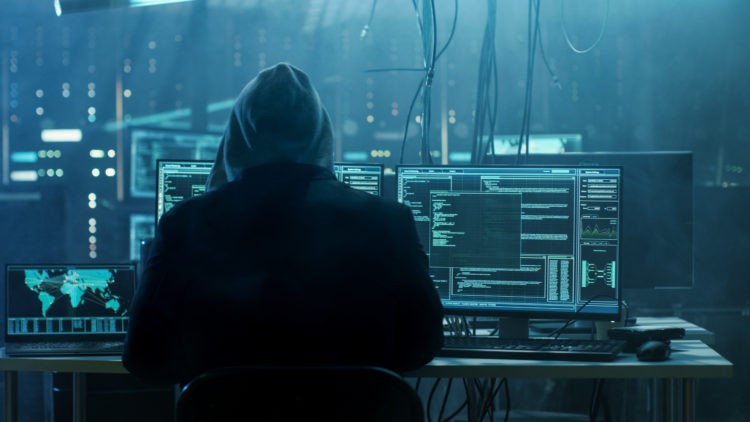Cyber Security is an essential component of any company or enterprise across the world, hence the scope of Cyber Security is immense. Cyber Security is the technology, process, and practice, designed to protect devices, programs, and data from damages, attacks, and other unauthorized access. Cyber Security is also known as Information Technology Security, focuses on protecting computers, applications, systems and networks from unauthorized access, change, or destruction. The former components are the basic components of any company hence you can imagine what would the scope of cybersecurity be like.
Many authorized institutions, like the military, government agencies, financial institutions, Banking Sector, etc. have confidential information that is stored on computers and transmitted to networks. With growing cyber-attacks, it has become necessary to protect this sensitive data and personal information. Thousands and millions of Cyber Security professionals will be required to do so.
Why is Cyber Security needed in today’s world?
Cybercrime is one of the rapidly increasing crimes hitting the world today. It is largely driven due to the increased exposure of information on the internet via cloud services. Networks and devices managing the infrastructure can be disrupted on a wide scale. Here stopping identity theft isn’t the only goal, but protecting data integrity is. As cybercriminals are becoming more sophisticated, we need to understand their change in target, how are that affecting organizations, and their methods used in targeting.
Social Engineering – Social Engineering is the most common and easiest cyberattack. Phishing and ransomware is the easiest form of entry into the networks. Third and fourth-party vendors who process your data could have poor cybersecurity practices is a common type of vendor attack. Vendor risk management and third-party management is very important.
Data Breaching – Data breaching includes various branches. Intentional information disclosure includes letting out financial information like bank account details, credit card numbers, personally identifiable information (PII), protected health information (PHI), intellectual property, trade secrets, and other information. Unintentional information disclosure like cloud and/or data leak, data spills, and information leakage.
The threat to the Government – The government, army, navy, military, financials, and medical organizations collect, process, and store huge amounts of data on computers and other devices.
Corporates and Organizations – Sensitive information like personal information, financial data, and intellectual property is stored on various networks and devices, and exposure to such information could have negative consequences.
For example,
Facebook – 540 million user records were exposed to Amazon’s Cloud Computing Service
UK National Health Service (NHS) – They had a ransomware attack which resulted in the cancellation of operations and resulted in clean-up costs
Yahoo – The breach affected each and every of its 3 billion accounts
Thus due to an increase in volume and sophistication of cyberattacks, organizations, and companies, especially those involved in safeguarding data related to the nation, financials, health, need to take measures to protect this confidential information.
Begin with Cyber-Security
- Keeping Informed – These days it is difficult for the department to keep track and mitigate every security issue; thus, every department must be informed about the consequences and best practices to avoid repercussions. Professionals advised avoiding clicking on suspicious links, thus maintaining secure passwords.
- Moving beyond Antivirus – Installing antiviruses is an essential component of the IT Security but isn’t enough by itself to protect from modern threats. Technical teams require various solutions and tools which could be expensive. But these resources will help organizations from cyber-attacks.
- Getting Insured – Cybersecurity marketing insurance has been booming for a few years, and now it is an integral part of all companies. Cybersecurity insurance not only protects companies from financial risks but also when data breaches arise. During a data breach, the amount of damage is enormous; thus, companies might require specific experts and specialists, which could prevent you from loss.
- Keeping an eye on the Data Flow – Companies should take a look at the importance of cyber-security, and keep an eye on storage and process of data. They could eliminate the weak spots in the process that could be exposing data, cause a breach, and make life difficult for hackers.
- Backup and Recovery – Every company should ensure to have a backup for all their data in times of emergencies.
